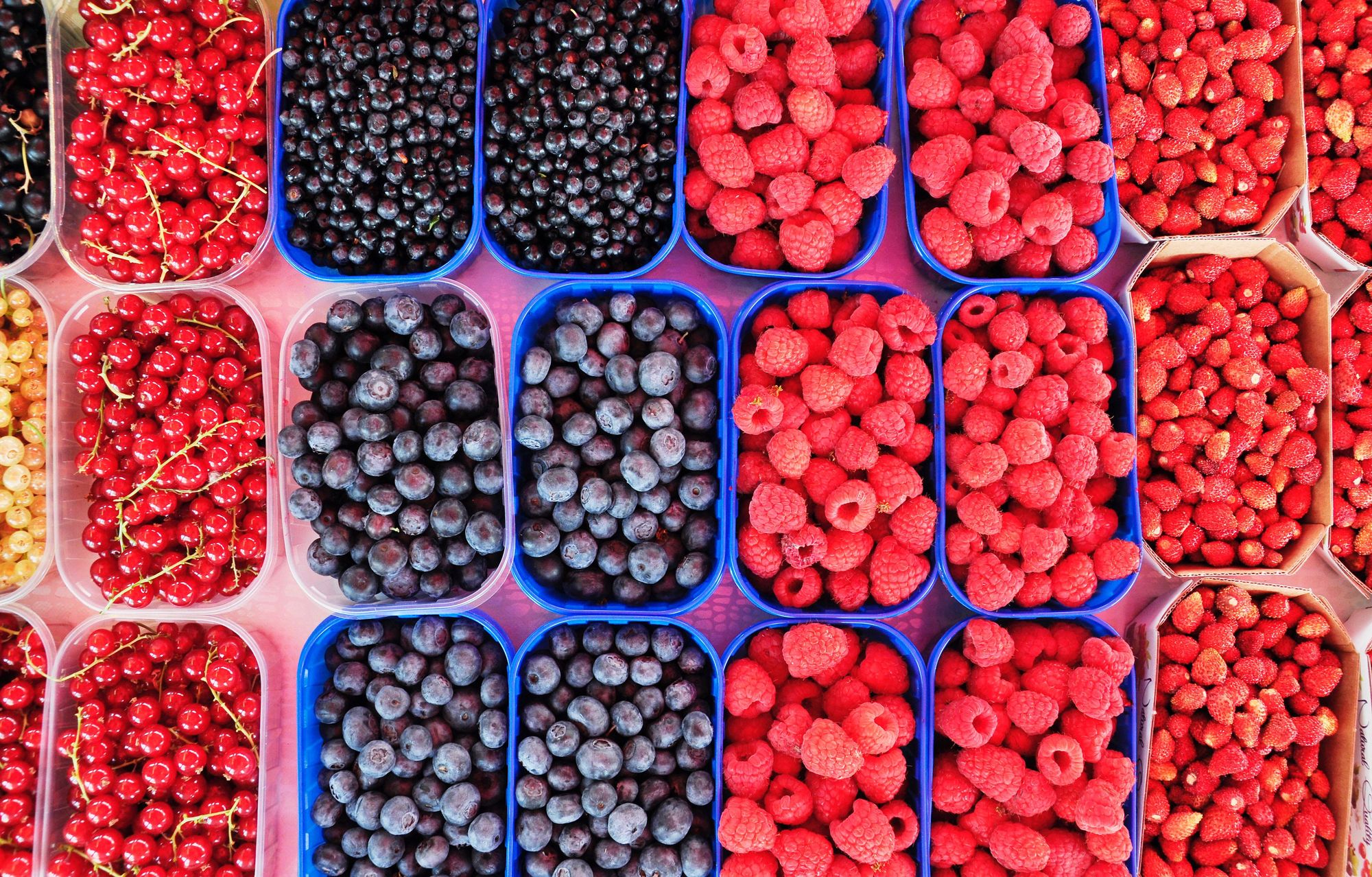
We’ve all heard the word “antioxidants” but what does it even mean?
Antioxidants are the front line in defense when it comes to combating free radicals that contribute to cell damage.
They neutralize the effects of these free radicals and reduce oxidative damage, which has been linked to degenerative diseases.
But are they important when workout?
It goes without saying that antioxidants have an important role to play.
They fight against the ageing process and degeneration of cells in our bodies. Anything that reduces our energy levels.
Antioxidants are commonly found within vitamins A, C and E, beta-carotene and lycopene. Besides that, they are present in fruits like berries, vegetables.
Are Antioxidants Important During a Workout?
It is important to establish that the body also produces its own antioxidants in response to oxidative stress. If left unchecked, oxidative stress can be damaging on a cellular level.
Antioxidants released can help to clear up the resultant damage. CircleDNA tests for how efficiently your body produces natural antioxidants to aid in recovery.
The logical answer is yes, they are important, as the energy requirements of intense exercise create oxidative stress. Furthermore, recent studies provide interesting insights into the role that antioxidants play in the body of an athlete.
During a Workout
There is no link that antioxidants can improve the performance of an athlete. This is because our bodies can tolerate a certain level of oxidative stress over short periods of time.
If it couldn’t, humans would be unable to be physically active without constant supplementation. It’s easy to forget that the body has natural defences.
If you’re exercising and take an excessive amount of these supplements, it can actually reduce the effectiveness of your workout.
This is because oxidative stress is one of the stimuli that triggers adaptations to intense exercise.
Suppressing this stress can lead to a reduced stimulus, and reduced adaptation. In light of this, it is not recommended to take antioxidants too soon after a workout if the purpose of your exercise is to adapt and push your limits.
During Recovery
Antioxidants can reduce muscle soreness and can also lower the level of oxidative stress in the body. This, in turn, makes antioxidants beneficial when you want to recover quicker and reduce muscle soreness.
If you are a competitive athlete who is taking part in events requiring repeated bouts of intense activity and need to recover quickly after periods of intense physical activity, then antioxidants are your go-to.
In a world where athletes are looking to recover rapidly, these supplements would be recommended.
They also benefit people who naturally produce lower levels of antioxidants, or who struggle to recover between workouts. However, be mindful that consuming supplements too soon could blunt the workout effect, and prevent you from reaching your goals.
In Everyday Life
Oxidative stress and the production of free radicals is not only a result of intense exercise. Processed foods, pollution and psychological stress all contribute to elevating your levels.
If you feel exhausted, slow or unmotivated, it could be free radicals at work. Including antioxidants in your diet could act as a solution and reduce your oxidative stress.
Antioxidants can play a very useful role in workout and everyday life, if used correctly in accordance with your goals.
You need to think about what you want them to do for you and then take them appropriately, if you require them at all.
CircleDNA tests can give you a unique insight into your body’s antioxidant response, and this information can be useful when planning your dietary or supplemental intake.
Find out more about our nutritional reports in the reports section.






